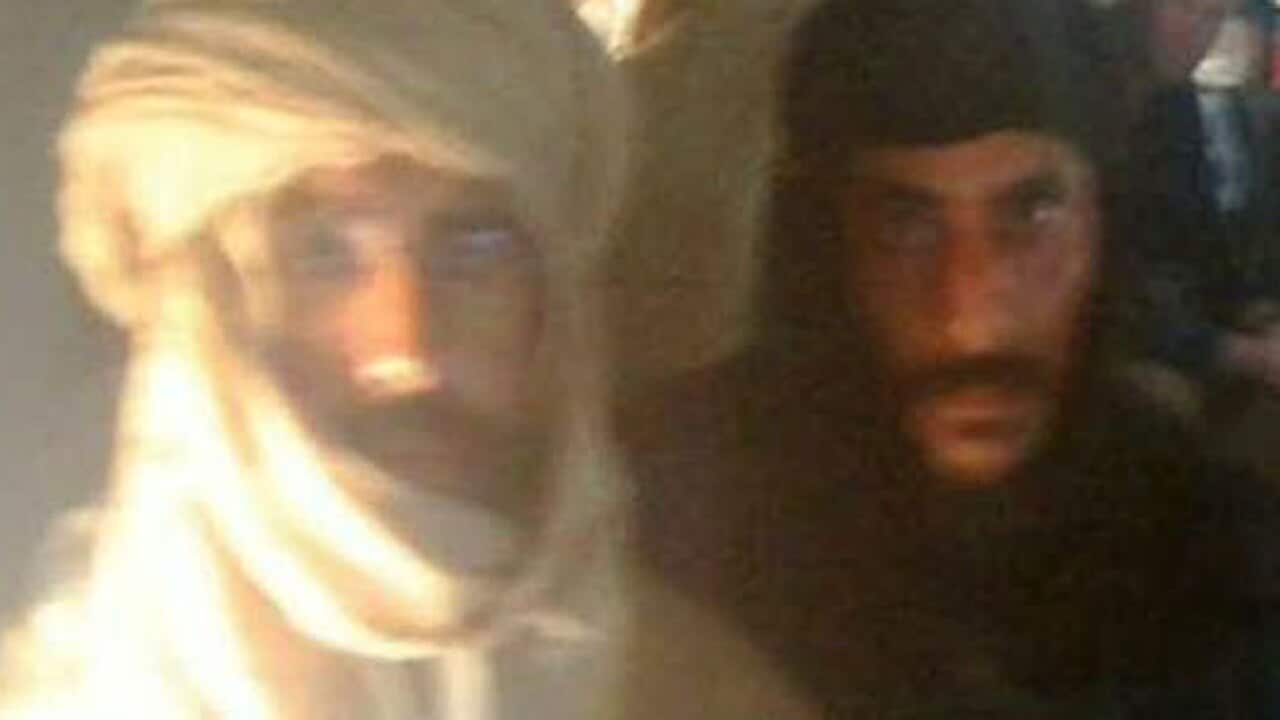Libya must hand over Saif al-Islam, the son of Muammar Gaddafi, to the International Criminal Court (ICC), an official says, while holding out the prospect of a trial in Tripoli.
An ICC spokesman said on Saturday chief prosecutor Luis Moreno-Ocampo would travel to Libya next week for talks with the new regime, as world leaders called on the authorities in Tripoli to ensure that justice was done.
Saif was arrested in the south of Libya, a senior National Transitional Council official said on Saturday, almost a month to the day since the capture and gruesome killing of his father Muammar Gaddafi.
Russia's special representative for Africa Mikhail Margelov articulated the concerns of the international community quite clearly.
"We are happy that this time the new authorities in Libya did not resort to summary justice for Saif al-Islam, the son of the ousted leader Gaddafi," he said on Saturday.
Heir apparent
Saif, who was considered Gaddafi's heir apparent, is wanted by the court for crimes against humanity, allegedly committed during the former regime's crackdown on pro-democracy protesters in February.
He, his father, and Gaddafi's security chief Adullah al-Senussi, were all accused of having orchestrated the deadly operations against the protesters to put down the revolt by "any means necessary".
The security forces, acting on their orders, killed or wounded, hundreds of anti-regime demonstrators, arresting hundreds of others as they tried to quash the uprising, which began in mid-February.
"We are coordinating with the Libyan ministry of justice to ensure that any solution in regards to Saif al-Islam's arrest is in accordance with the law," Moreno-Ocampo's spokeswoman Florence Olara told AFP.
Obliged to cooperate
ICC spokesman Fadi Al-Abdallah told AFP that the Libyan authorities were obliged to cooperate with the ICC and surrender him to the court as required by the UN resolution on Libya.
"If they want a trial in Libya, they must submit a request for dismissal and procedures in Libya must be conducted on the same charges as those contained in the warrant of the ICC," Abdallah added.
The ignominious end of Gaddafi himself and another son Mutassim, both killed after being captured last month, has increased concerns in the international community for the fate of Saif.
The US Statement Department called for him to receive a humane treatment.
His trial "would be another step away from a 40-year dark chapter in Libyan history and help move the Libyan people toward the peaceful and democratic future they deserve", it added.
Similar sentiments
NATO, Britain, France and Italy expressed similar sentiments in separate statements.
They were at the forefront of the UN-sanctioned military campaign to protect civilians and support the rebels, who eventually overcame the Gaddafi regime.
"It is a great achievement for the Libyan people and must now become a victory for international justice too," said British Prime Minister David Cameron.
Giulio Terzi di Sant'Agata, the new foreign minister of Italy, Libya's former colonial master, called for a trial that "will respect international rules".
"Now it is important that Saif gets a fair trial which respects the principles of the rule of law, international rules and standards," he said in a statement.
"We trust that the Libyan authorities and the International Criminal Court will ensure that justice runs its course, so that the new Libya can be built on the rule of law and respect for human rights," NATO spokeswoman Oana Lungescu said.
"The Libyan authorities should now ensure that Saif al-Islam is brought to justice in accordance with the principles of due process and in full cooperation with the International Criminal Court," EU foreign policy chief Catherine Ashton said.
Interpol Secretary General Ronald Noble, welcoming Saif's capture, recalled that he and Moreno-Ocampo had earlier called for him to turn himself in.
Today, he said, "...we would reiterate that call to all those who were part of the inner circle and who remain at large".
Moreno-Ocampo told the UN Security Council earlier this month that his office was in contact with "individuals linked to Saif al-Islam" to negotiate the terms of his surrender.
Saif's representatives had asked what would happen to him if he appeared before judges and the various possible outcomes, the prosecutor told the Council on November 2 after it referred the Libya case to the ICC.
The court said Saif could request the judges not to order his return to Libya after any conviction. Judges could also order him extradited to another state, the prosecutor said.

